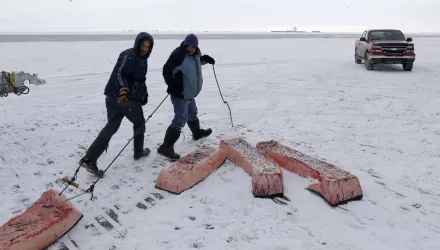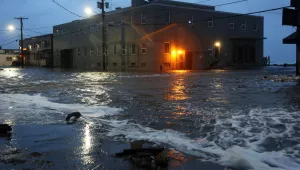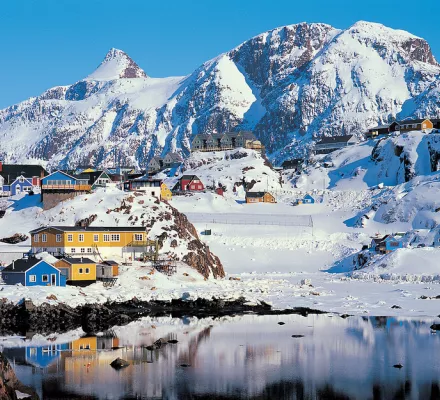
Arctic Resilience, Public Health, and Infrastructure
The speed at which the Arctic region is changing—primarily due to climate change—makes adaptation extremely challenging. We support Arctic leaders to foster healthy and resilient communities, strengthening their ability to not just bounce back from stresses and shocks, but to bounce forward, and to learn from and improve with every challenge.
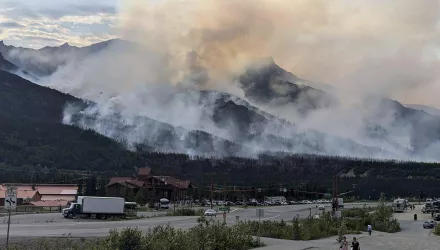
How Do Wildfires Affect Health?
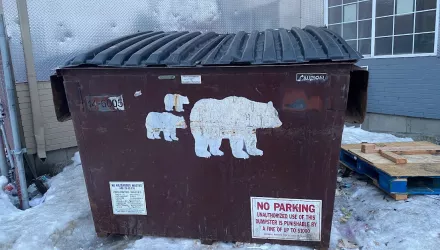
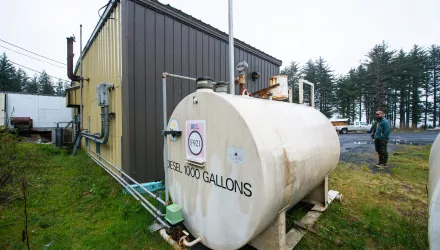
Infrastructure Challenges in the Alaskan Arctic
It's now time to recognize that Greenlanders are well-positioned to self-govern in terms of the educational system, as well; the copy-and-paste system from Denmark has served its purpose.
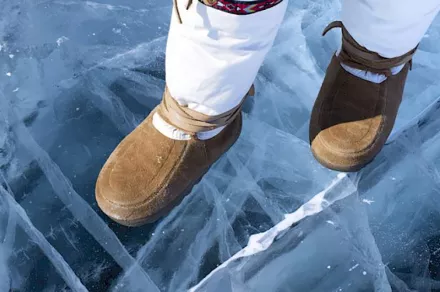
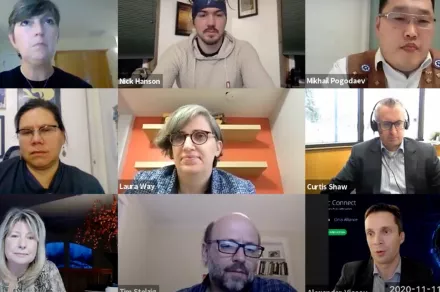
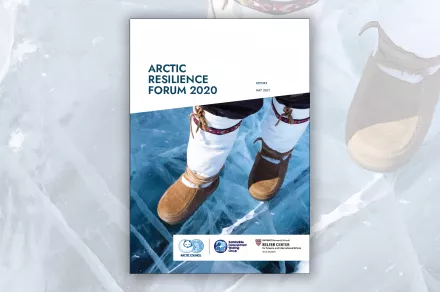

The Arctic Resilience Forum
In 2020, the Arctic Initiative partnered with the Sustainable Development Working Group of the Arctic Council and the Council’s Icelandic Chairmanship to organize the Arctic Resilience Forum 2020 (ARF2020), an event dedicated to taking stock of progress, identifying crucial gaps, and building on the successes of the Arctic Resilience Action Framework.

An Overwhelming Response
Over the course of 10 weeks, the Arctic Resilience Forum brought together scientists, policymakers, youth leaders, doctors, Indigenous representatives, private sector executives, finance experts, and many more to discuss a wide range of issues, including food security, gender issues, renewable energy, human health and pandemics, socioecological systems, broadband connectivity, infrastructure, finance, and Indigenous knowledge.
Despite an unplanned pivot to a virtual format due to the COVID-19 pandemic, the forum drew nearly 1,500 participants from 39 countries, engaged over 50 organizing partners, and featured 85 speakers from every Arctic state.

Arctic Resilience Forum 2020 Report
Together with the Sustainable Development Working Group, the Arctic Initiative co-authored the Arctic Resilience Forum 2020 Report, which was published by the Arctic Council Secretariat and delivered to Senior Arctic Officials. The report highlighted key findings from each session and proposed a series of next steps to build on the momentum of ARF2020.




